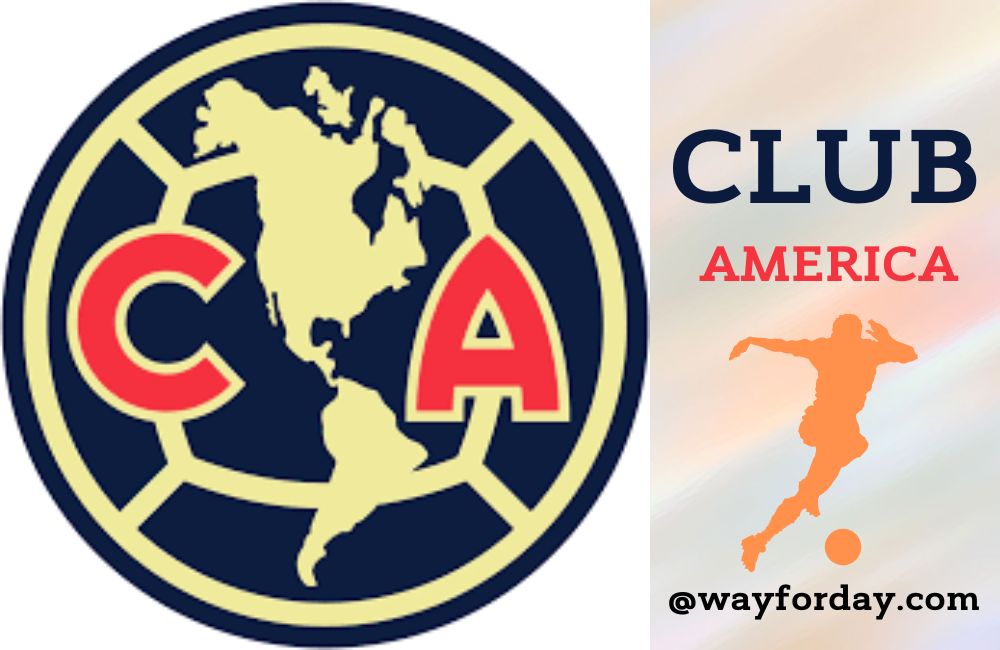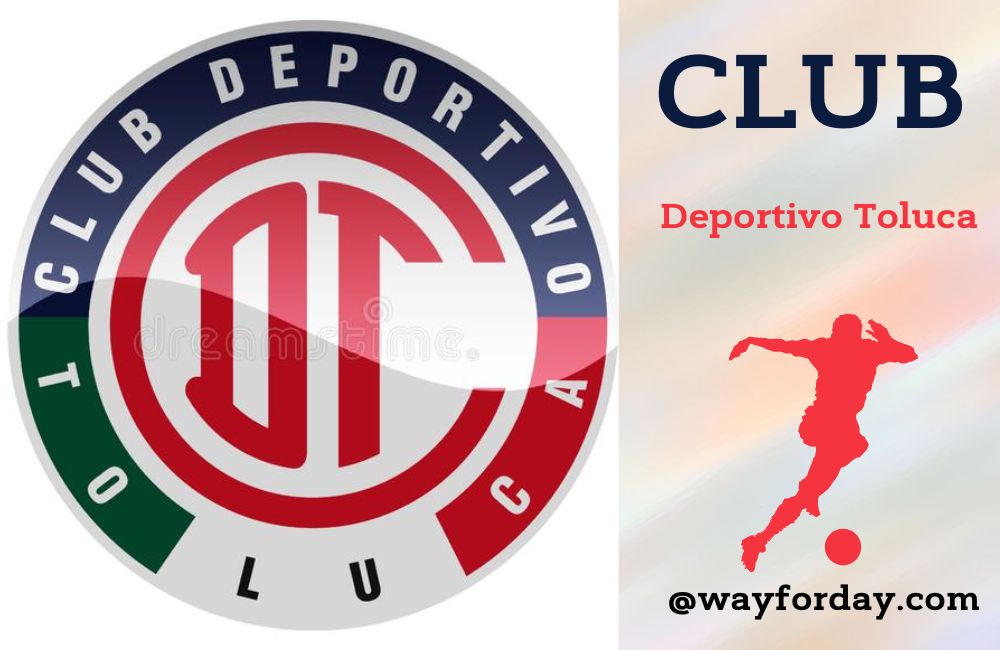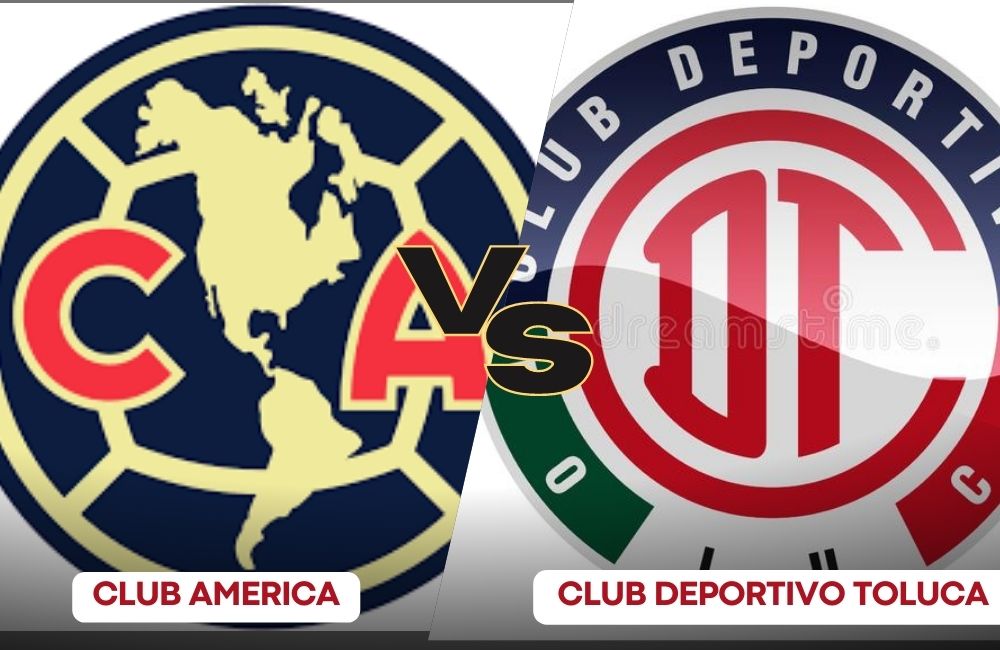History and Significance of Football in Mexico
Football (soccer) has long been one of the most beloved sports in Mexico since it first gained widespread popularity during the early 20th century. Since 1943, Mexican football has become an integral part of Mexican culture. Their national team has participated in 16 FIFA World Cup tournaments, with its best result reaching the quarterfinals on two separate occasions (in 1970 and 1986). Club America, Chivas de Guadalajara and Cruz Azul enjoy large fan bases that support them, and matches between rival teams draw large crowds. Football has become an integral part of Mexican identity and pride – as evidenced by its growing importance within society as an entire entity. In this blog post, we’ll take a closer look at Club America vs Deportivo Toluca F.C’s timeline along with their rivalry and timeline vs each other.
Importance of Club America vs Deportivo Toluca F.C Rivalry
The Club America-Deportivo Toluca rivalry is one of the key rivalries in Mexican football, providing excitement and drama during Liga MX for decades. Their rivalry has even given rise to friendly competition between their cities over who can claim ownership as the true home of Mexican football, not to mention how this competition has had an effect beyond both clubs; its influence can be felt throughout Mexican football as a whole.
Club America currently leads this rivalry; thus far.
Introduction to Club America (F.C)
Club America, established on October 12, 1916, by a group of college students in Mexico City, has become one of the most successful clubs in Mexican football history since then. The name was inspired by the nearby Americana fabric factory, where some founder members worked.

Achievements
Club America has accomplished greatness over its history. Since 1992, they have won thirteen Liga MX championships and multiple Copa MX, Campeon de Campeones and CONCACAF Champions League championships – playing home games at Estadio Azteca stadium, one of the world’s largest and most iconic venues.
Iconic Players
Club America has produced many iconic players, such as Cuauhtemoc Blanco, Hugo Sanchez, Claudio Lopez, Pavel Pardo and Carlos Reinoso. Additionally, Raul Cardenas and Manuel Lapuente have managed this storied club as coaches.
America FC. Fan Base
Club America boasts a passionate fan base known as “Las Aguilas,” or The Eagles that are well known for their unfailing support for their team. Over its history, Deportivo Toluca F.C. has also proven a fierce rival. Our relationship has long been seen as one of Mexican football’s greatest rivalries, so when Deportivo Toluca F.C. joined Club Deportivo Toluca F.C. in Mexico football, this rivalry became all-consuming for both parties involved.
Introduction to Deportivo Toluca F.C
Deportivo Toluca F.C. is a professional football club in Toluca, Mexico, established on February 12, 1917 – one of the oldest football clubs in Mexico.

Achievements
Deportivo Toluca F.C. has had an illustrious history in Mexican football, winning 10 Liga MX championships as well as several Copa MX, Campeon de Campeones, and CONCACAF Champions League championships. Their home stadium, Estadio Nemesio Diez – is commonly called La Bombonera due to its intimate environment and passionate fans.
Iconic Players
Club Deportivo Toluca F.C. has seen legendary players such as Vicente Pereda, Enrique Lopez Zarza, Jose Saturnino Cardozo and Alfredo Talavera. Additionally, respected coaches like Jose Luis Real and Ricardo La Volpe have managed the club.
Club Deportivo Toluca F.C Fan Base
Club Deportivo Toluca F.C. has an energetic fan base known as Los Diablos Rojos (The Red Devils), who are famed for their fierce support. One such rivalry dates back to the 1960s with Club America; today, it is one of Mexican football’s fiercest rivalries.
Timeline of Origins of Rivalry Between Club America and Deportivo Toluca F.C.
Club América and Deportivo Toluca F.C. have had an ongoing rivalry since first meeting on the field and drawing 1-1 in 1960. Since then, they have played numerous matches against each other in Liga MX playoffs – most notably during the 2002 Clausura final when Club America defeated Deportivo Toluca F.C. 1-0; and 2012 Apertura quarterfinals when Deportivo Toluca F.C. prevailed 2-1 against them both.
Geographic Proximity Between Club America vs. Deportivo Toluca F.C. Timelines
Club América and Deportivo Toluca F.C. are geographically close, which has added to their fierce rivalry. Club America is located in Mexico City while Deportivo Toluca F.C. is situated only an hour’s drive away in Toluca – this has led to fan bases from both clubs becoming fierce rivals, often traveling far distances to support their respective sides and taunt their adversary.
Club América and Deportivo Toluca F.C. Playing Styles on Their Timelines
One key factor fueling the rivalry between Club America and Deportivo Toluca F.C. has been their respective playing styles and tactics. Club America is known for its aggressive attacking style and fast counterattacks, while Deportivo Toluca F.C. is known for its disciplined defensive play and ability to control the midfield. These differences in styles have led to many exciting and unpredictable matches between these clubs.
Impact of Rivalry Between Club America vs Deportivo Toluca F.c
Club America and Deportivo Toluca F.C.’s rivalry cannot be overstated when discussing Mexican football and its fans. Their intense passion and rivalry have brought excitement and drama to Liga MX for years; fans of both teams eagerly anticipate these matches when scheduling their schedules accordingly; furthermore, this rivalry has opened friendly competition between both cities vying to be seen as the home of Mexican football.
Summary
Club America and Deportivo Toluca F.C. ‘s rivalry is among the oldest and fiercest in Mexican football, dating back decades of success, competitiveness, geographical proximity and passionate fan bases. Memorable moments include high-stakes matches and controversial incidents; their differing playing styles and tactics only add fuel for this intense rivalry – an impactful storyline that will continue for years.






